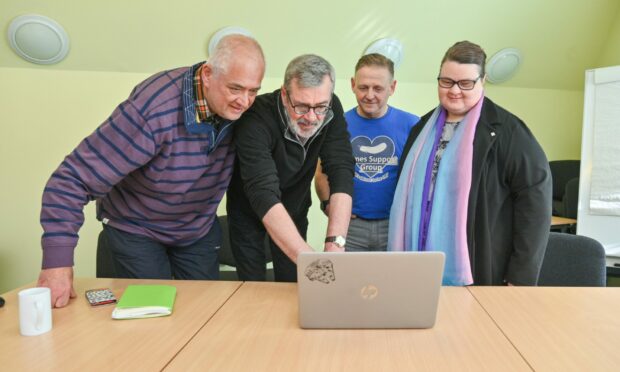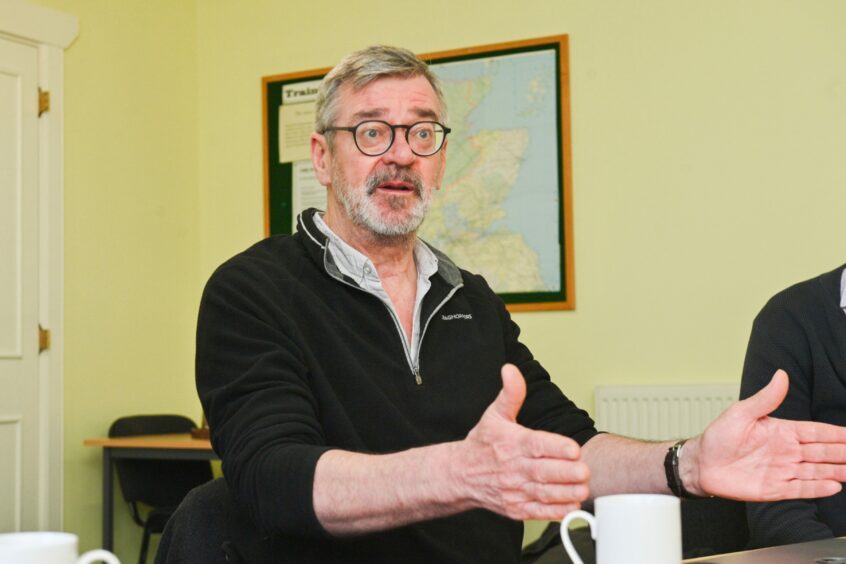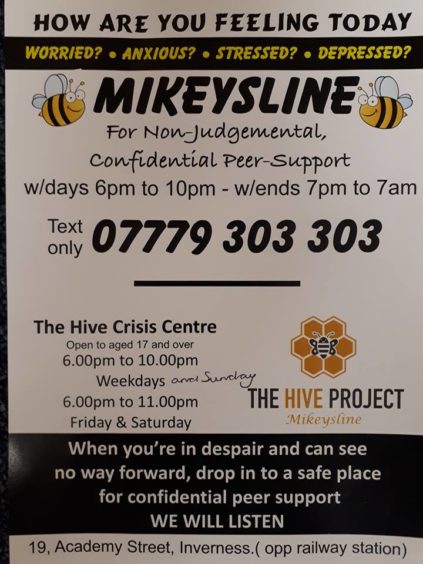Shetland could offer inspiration to the Highlands after its suicide rate went from 40% higher than the national average to the lowest in Scotland.
There was serious alarm among Shetland councillors when statistics from 2008 to 2012 laid the problem bare.
But the rollout of training within the community, along with raising awareness of the issue, helped reduce stigma.
Fast forward to last year and NHS Shetland reported a lower percentage number of suicides than any other health board in Scotland.
That data has been monitored very closely by a dedicated group of Highlanders aiming to make a positive difference in the region.
We need to talk
The Highland Suicide Prevention Group is made up of representatives from a wide cross-section.
The police, NHS Highland and Highland Council are involved.
And so too are prevention charities like the Samaritans, Mikeysline and the James Support Group.
The group’s goal is to do everything it can to prevent people from taking their own life.
And it will leave no stone unturned when it comes to figuring out the best ways to do that.
There are success stories from across the globe and Shetland’s is one that could offer some help.
The Highland group’s depute chairman Jim McCreath said: “We had a meeting with NHS Shetland because its rate when rate went from the highest to the lowest.
“They did that by bringing everybody together and openly talking about suicide.
“There is a lot happening behind the scenes, but we want to look towards Shetland to see how we can replicate that.”
Lived experience key to understanding how to help
The last few months have undoubtedly been a tough time.
Rising energy prices and the cost of living crisis on the heels of the pandemic has been a difficult mix.
But the suicide prevention group is keen to stress the importance of talking when it comes to tackling the problem.
Sioban Leen, health improvement specialist with NHS Highland, said: “We are looking at best practice and evidence from across the country, as well as getting help from Public Health Scotland.
“We’re looking at the data but also that lived experience.”
The number of “concern for person” incidents in Inverness has recently prompted concerns, but police have offered assurances that a number of proposals to improve things there are in the pipeline.
How to get help
There were 40 probable suicide deaths in 2021, compared to 44 in 2020 and 67 in 2019.
The five-year average number of deaths for 2017-2021 was 51, compared to 40 in 2012-2016.
That is why it is so important that if you are having thoughts of suicide, you reach out to someone.
There are a number of normal of local and national groups offering support in time of crisis or mental distress.
If you are concerned about someone else don’t be afraid to ask, “are you OK?” and help them to get help.
● Samaritans – 116 123 (calls are free and do not show on a phone bill)
● Breathing Space – 0800 83 85 87 (Monday to Thursday 6pm – 2am; Friday 6pm to Monday 6am)
● Mikeysline – 07786 207755 (Sunday to Thursday 6pm – 10pm, Friday to Saturday 7pm – 7am)
● James Support group – 07563 572 471 (24-hour helpline)



Conversation